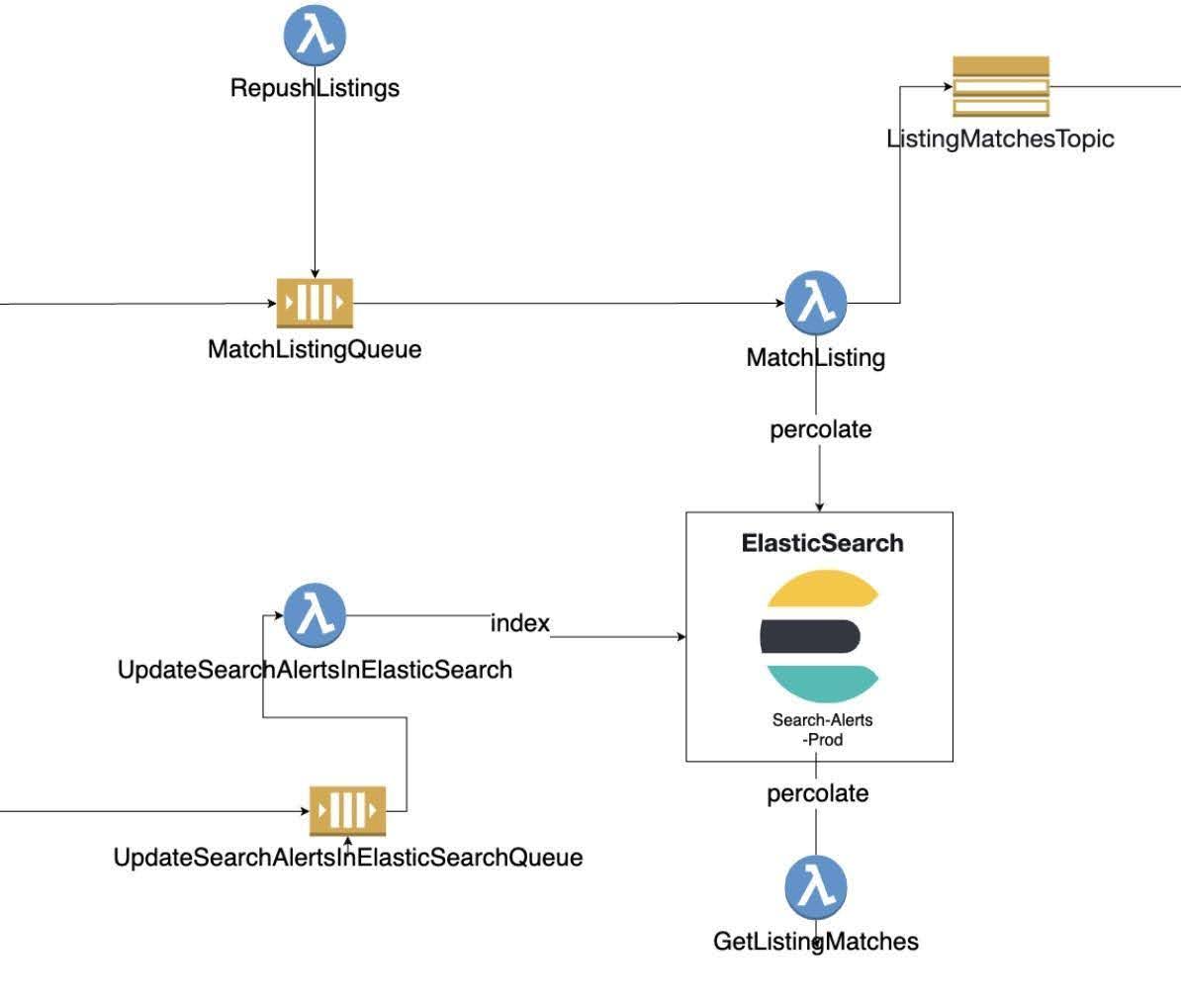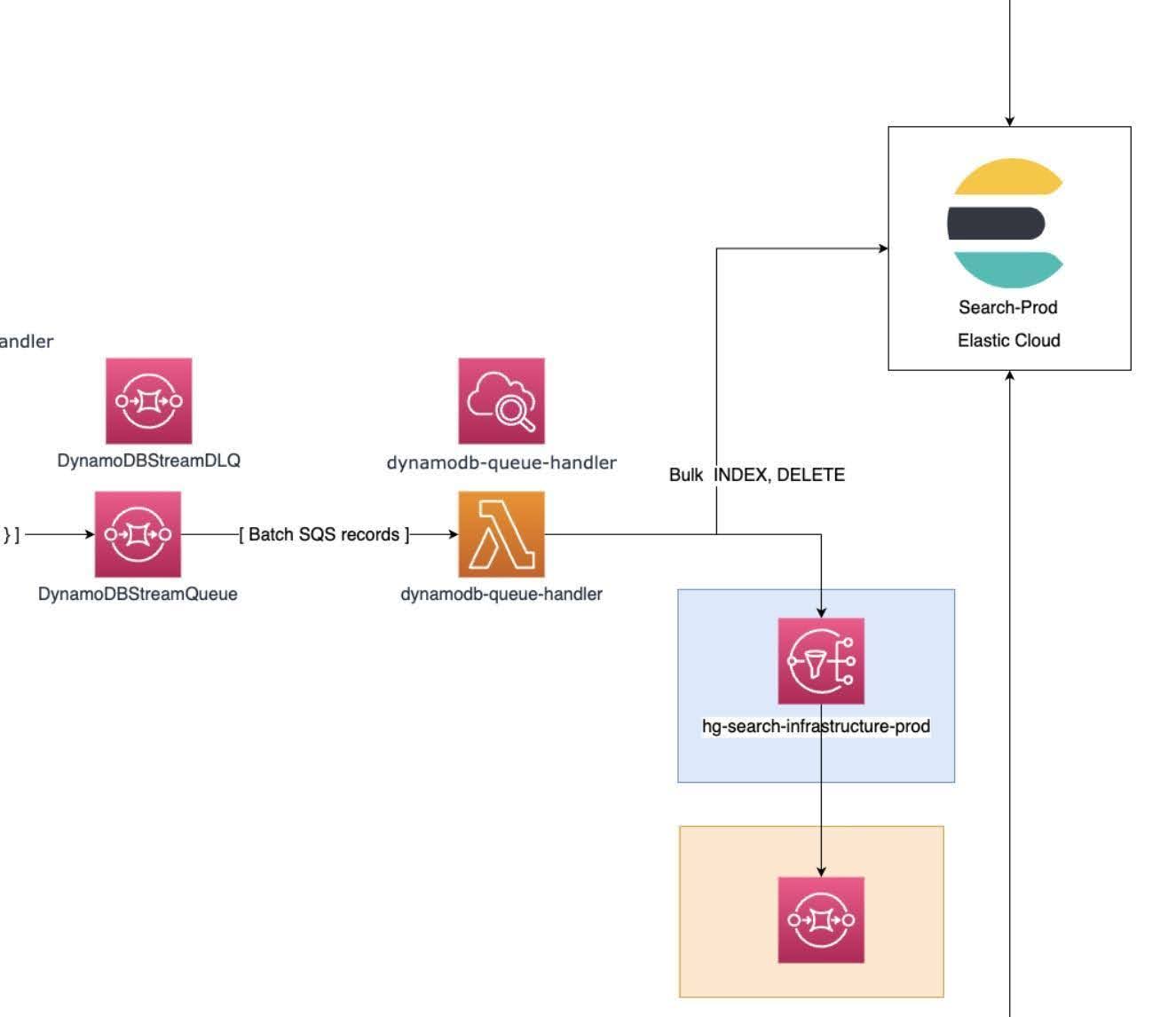Homegate’s fast and modern search experience helps users find their dream home

Homegate, founded in 2001, is a well known Swiss real estate marketplace and a brand of SMG Swiss Marketplace Group. SMG is a pioneering network of online marketplaces with a portfolio including brands across several business units in real estate, automotive, and general marketplaces, as well as financing and insurance.
Homegate’s team has greatly modernized its tech stack over the past several years — it was completely rewritten from a monolith application several years ago, and it now consists of microservices, deployed in the cloud on AWS. The team heavily utilizes serverless to avoid dealing with servers and other physical infrastructure. Homegate’s front end is written mostly in Vue.js. Aside from AWS, Homegate also uses other cloud services for more specialized tasks. Elasticsearch is one example — helping the team create a modern search experience for their visitors every day.
Search at the center of attention
Searching for a home can easily become a stressful and complicated task if marketplaces don’t offer the right experiences for homebuyers and renters. Search needs to be fast, with the ability to handle complex queries in real time. Downtime must be minimal to allow customers to continue their search, and configurations must be easy to manage on the back end so that development teams can make swift changes and innovate quickly as new features are added.
Elasticsearch has provided the ability for Homegate to execute on this mission — powering the marketplace experience by optimizing real estate search and discovery with unparalleled relevance, personalized suggestions, and analytics. Every time a user is looking for an apartment or home on Homegate, they are using Elasticsearch. The two architecture diagrams below show Elasticsearch’s central role in the process.


Real-time alerts drive user engagement
When a Homegate user cannot find the property that fits their search criteria, instead of regularly checking the platform for the new listings, they can enter their search criteria and email address to receive a notification as soon as a matching property is listed on the platform. Users can set customized alerts across search criteria like property type, location, price, and more. This is one of the most popular services Homegate provides, and it is available on the website and in apps — similar features are also offered across other SMG platforms.
As a result, Homegate manages a high volume of search alerts, with even more notifications each month, requiring near real-time notifications to users via emails and mobile app pushes. To do this, the Homegate team needs a lightning fast and highly scalable tool to store indexed search queries (i.e., alerts) from the users — and that is why Elasticsearch is at the heart of the engine.

When a user creates a search alert, Homegate:
Persists it in its AWS infrastructure
Indexes it in the search alert index
Leverages Elasticsearch to store the indexed search queries
Then when an advertiser posts a property on the platform:
The search alert service receives the notice about the property
It creates a percolate query for the property (Percolate queries check all saved search criteria against this new property and return those that the property satisfies.)
- And finally, it executes search in the Elasticsearch, finding all the matching user queries and notifying the users
Elasticsearch serves as the perfect solution for Homegate’s modern architecture and the services it offers. One particular feature in Elasticsearch that the team found helpful is index lifecycle management. It is a good practice to have continuous deployment, especially with microservices architecture. It is also crucial to have good test coverage and an easy setup for development, so engineers can try out their changes. With index lifecycle management, Homegate’s Engineering team sets the playground indices to be deleted automatically after several days of inactivity. The feature simplifies management of the playground and tests deployments, removing the need to manage these deployments explicitly.
Defining the future of homebuying
With Elasticsearch at the heart of Homegate’s search and alerts service, users seeking their next home are able to find personalized results quickly and get notified of new listings that meet their criteria in near real time, without having to conduct a new search manually — creating a great user experience.
Elastic’s fast search functionality across complex searches, coupled with minimal downtime and ease of use, has enabled Homegate to handle a high volume of traffic and user engagement as the platform has further developed over the years. Homegate is looking forward to building more new features to continue offering a modern and optimized user experience for its customers.
Learn more about Elastic and Homegate:
- Check out Homegate's website to learn more about its offering.
- Read about what we’re working on now at Elastic Search Labs.
- See more examples of Elastic in retail.
The release and timing of any features or functionality described in this post remain at Elastic's sole discretion. Any features or functionality not currently available may not be delivered on time or at all.










